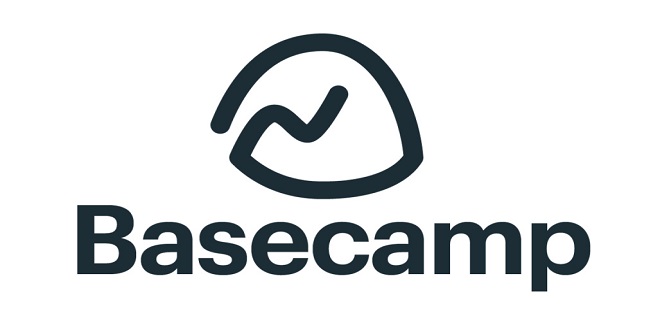Interviews with Basecamp, Basecamp New, and Platformer: Insights into the World of Tech and Business.

Basecamp
Basecamp New, and Platformer are three prominent tech and business companies that have made a name for themselves in their respective industries. Through interviews with key personnel from each company, we can gain valuable insights into their approaches to business, their challenges, and their successes.
Basecamp is a project management and communication software company that was founded in 1999. Jason Fried, the CEO of Basecamp, has been with the company since its inception. In an interview, Fried talked about how Basecamp has always been a remote-first company, and how this approach has allowed them to be flexible and adaptable. Fried also discussed the importance of keeping the company culture intact, even as they have grown to a team of over 50 employees.
Basecamp New is a spin-off of Basecamp, focused on developing new products and services. Jonas Downey, a designer at Basecamp New, talked about the company’s focus on user experience, and how they prioritize user needs over flashy features. Downey also discussed the importance of having a small, focused team, and how this allows them to move quickly and make decisions efficiently.
Platformer is a media company that focuses on the intersection of technology and society. The company was founded by Casey Newton, a former journalist at The Verge. In an interview, Newton talked about the challenges of covering the tech industry, and how he tries to balance the need for access with the need for honesty and transparency. Newton also discussed the importance of covering not just the big tech companies, but also the startups and smaller players in the industry.
One common thread that emerged from these interviews is the importance of staying true to your values and your vision, even as your company grows and evolves. For Basecamp, this means staying true to their remote-first culture and their focus on simplicity and ease of use. For Basecamp New, this means focusing on user needs and keeping the team small and nimble. For Platformer, this means covering the tech industry with honesty and transparency, no matter who it may upset.
Another theme that emerged is the importance of adaptability and flexibility. Basecamp has been able to thrive as a remote-first company, and they have been able to adapt to the changing needs of their customers. Basecamp New has been able to move quickly and make decisions efficiently because of their small team size. Platformer has been able to cover the tech industry with depth and nuance because they are willing to change and evolve as the industry changes.
However, all three companies have also faced their fair share of challenges. Basecamp has had to navigate the tricky waters of customer privacy and data security, particularly as their user base has grown. Basecamp New has had to balance their desire to innovate with the need to stay focused on user needs. Platformer has had to navigate the challenges of covering an industry that is often opaque and secretive.
Despite these challenges, all three companies have found success in their respective industries. Basecamp has over 3 million users and has been profitable since 2004. Basecamp New has launched successful new products, including Hey, an email service that has gained a following for its privacy-focused approach. Platformer has become a trusted source of news and analysis for the tech industry.
In conclusion
Interviews with Basecamp, Basecamp New, and Platformer provide valuable insights into the world of tech and business. These companies have found success by staying true to their values and vision, being adaptable and flexible, and navigating the challenges of their respective industries. By learning from their experiences, we can gain a better understanding of what it takes to succeed in the world of tech and business.





